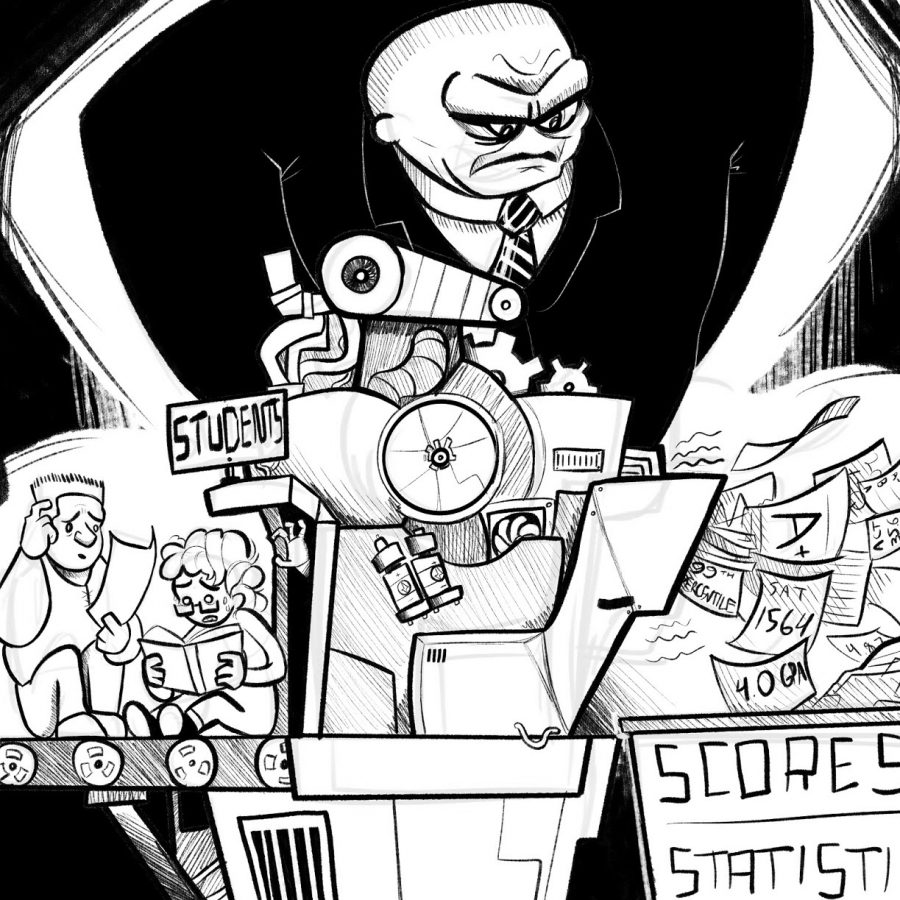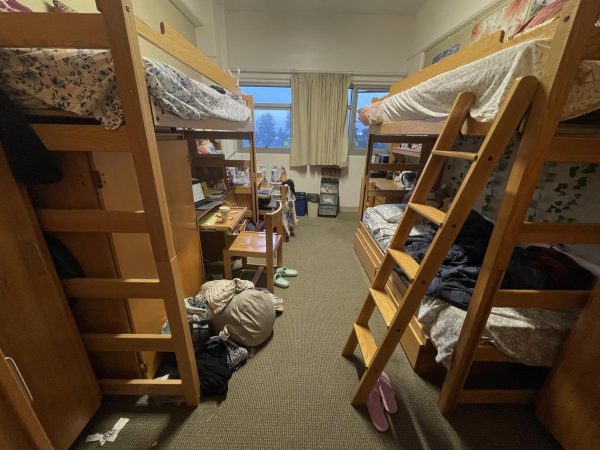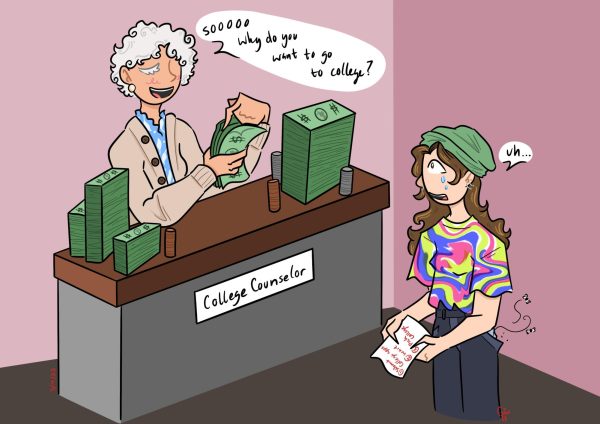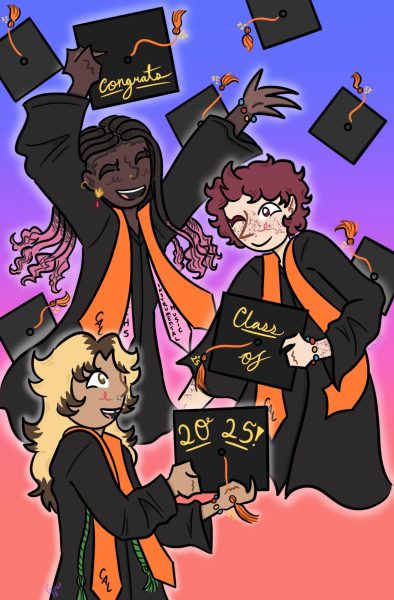Our education system breeds ignorance
The days of education and the formation of a well-rounded individual are long gone and have been replaced by a formal schooling factory model of education.
A well rounded individual who received an education is well versed in literature, history, philosophy, mathematics, the laws of nature, and the way the world works. Historically, monasteries were centers for education. They focused on making the student a well-rounded individual, as well as a man of learning, which was further developed when the Renaissance man model appeared during the 16th century.
A modern education simply manifests itself as formal schooling, which if you’re wondering what that means, it is like teaching tricks to a pony. An instructor lectures to students, who are expected to memorize the material and spit it back out to receive an A.
Grades and test scores are nothing more than a way to attach numbers to students and compare them. This method of differentiation among students creates an effective system for colleges to use in the application process.
With that distinction in mind, it does not take a genius to figure out that our current education system exemplifies formal schooling and we are suffering the consequences. The unpopular claim made by older generations that younger generations are “know-nothings” is not without truth.
Patrick Deneen, a professor of political science at the University of Notre Dame, wrote an article describing the ignorance of the new generations attending college.
“My students are know-nothings. They are exceedingly nice, pleasant, trustworthy, mostly honest, well-intentioned, and utterly decent,” Deneen writes. “But their brains are largely empty, devoid of any substantial knowledge that might be the fruits of an education in an inheritance and a gift of a previous generation. They are the culmination of western civilization, a civilization that has forgotten nearly everything about itself, and as a result, has achieved near-perfect indifference to its own culture.”
Deneen does a fantastic job of conceptualizing the results of a formal schooling. As Deneen observes in his job as a professor, the modern students flooding the university system are definitely good natured and exceptionally well trained at acing whatever test is placed in front of them.
But it quickly becomes apparent that there are aspects of an education that formal schooling cannot provide, such as acquiring a body of knowledge that is retained for years after graduation.
Knowledge retention after participating in our current education system is frighteningly low. The problem with hustling all students toward high test scores and academic perfection is that they are simply memorizing information instead of actually learning it, thinking about it, and incorporating it into their daily lives.
For example, imagine a 40-year old American college graduate. Put a basic algebra problem from their high school-level algebra class and, according to most adult retention studies, chances are they will not remember it.
The point is, the idea of a liberal arts education that has existed for centuries is no longer around. The Prussians are credited with the move away from a liberal arts education and the creation of the factory model of education in the 18th century, and Prussia’s public education system was subsequently copied by the United States in the 19th century.
The distinguishing factor of the factory model of education is that it prepares students for their appropriate place in society during the industrial revolution. The system is known as the factory model, because the participating students act as factory workers and do their work without thinking about it.
This factory model of education seems even more inappropriate given the founding principle of American individualism.
Barry Hampe, a blogger, documentary maker, and author of three books, helps us understand the distinction between learning and schooling.
“Learning (as opposed to schooling) is something that happens inside the mind of a person,” Hampe wrote on his online blog. “It is not dependent on classrooms or teachers. It usually starts with curiosity and a search for information. Schooling rarely encourages this.”
The phenomenon of schooling helps explain the ignorance in the populace, even though many are college graduates. The problem with the formal schooling system is that it encourages memorization, and only memorization. There is no cognitive processing of the material, and thus the material is never actually learned. A student memorizes parts of a lecture and recites it right after. The information leaves the brain almost as quickly as it entered. This helps clarify why there is almost no knowledge retention after leaving the American education system.
The worst part is that our current education system rewards this behavior. Learning is not worth anything. A student earns his or her grades based off of measurable, legible achievement tests.
Achievement tests only test how much information individuals can cram in their heads before the exam.
Not to mention, a grading system based on only the memorization of information creates an explosion of cheating, which has been witnessed in the past couple of decades.
The consequences of this system are clear.
Academic cheating and a pitiful amount of knowledge retention leads to individuals who may be well trained in their specific degree, but, as Deneen states, people are “devoid of any substantial knowledge that might be the fruits of an education in an inheritance and a gift of a previous generation.”
The choice that has to be made is between having an actually educated populace or continuing with the status quo, allowing such a level of worker specialization that we all become cogs in a machine, and eventually, lose our individuality.





